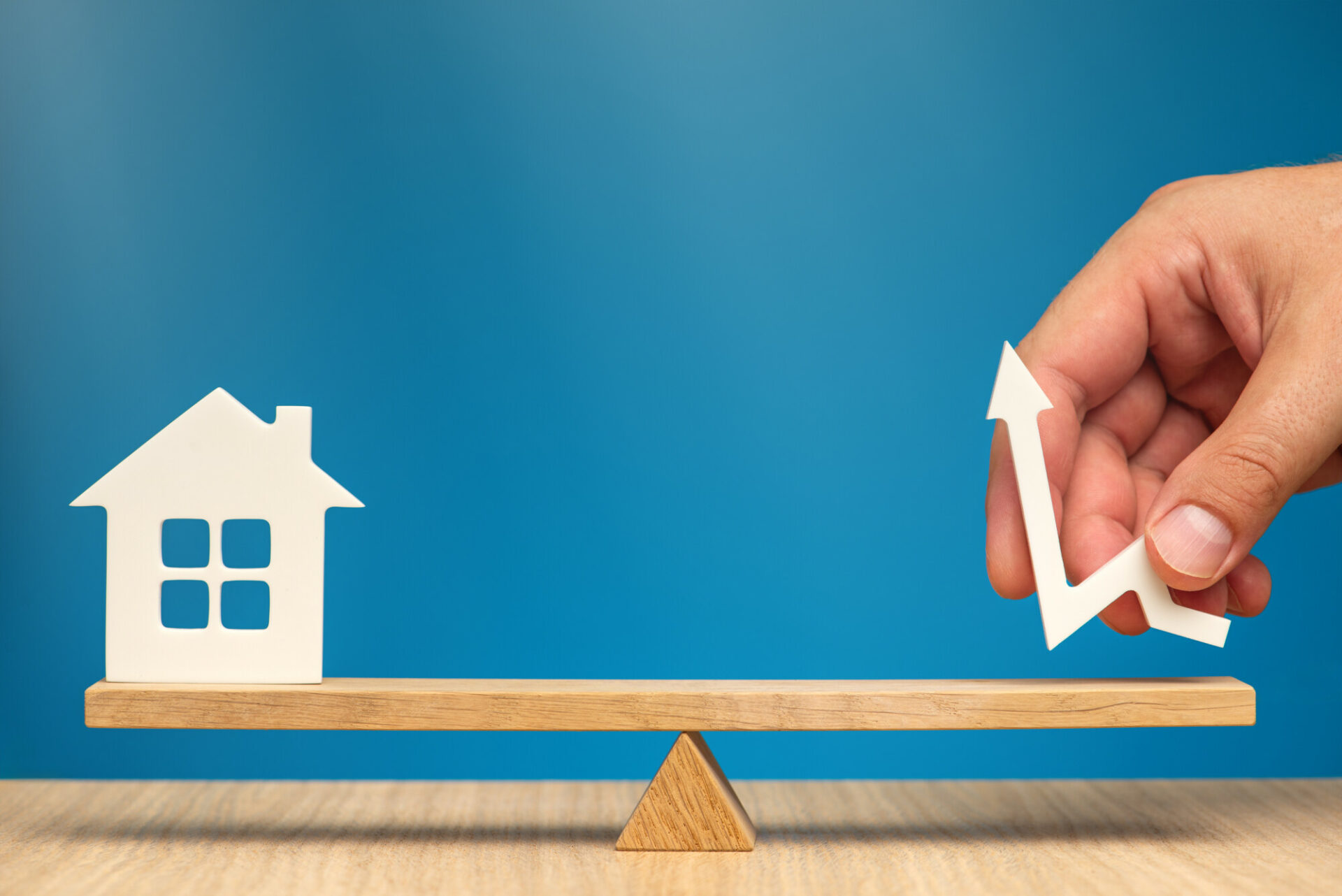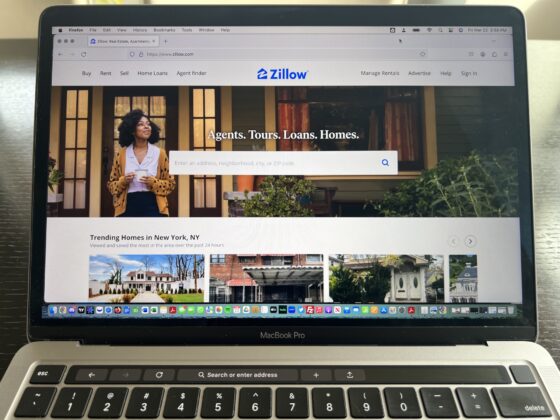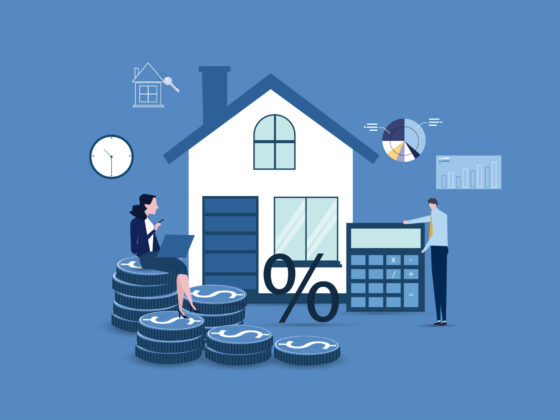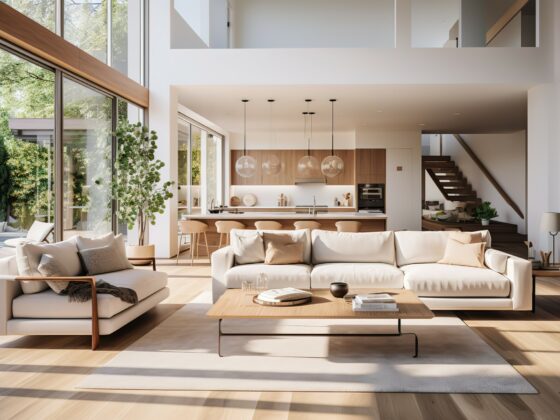Table of Contents Show
Selling your home is a significant life event and a complex process. Setting the right price for your property is one of your most critical decisions. Pricing it competitively is essential to attract potential buyers, generate interest, and ultimately secure the best possible selling price. This comprehensive article discusses various strategies and considerations that will help you determine the ideal price for your home, ensuring a successful and profitable sale.
Research the Local Real Estate MarketResearch the Local Real Estate Market
Before setting a price for your home, it is crucial to understand your local real estate market comprehensively. The market conditions can significantly influence your home’s value, and it’s essential to take these factors into account:
- Study Recent Sales: Look at recently sold homes in your neighborhood. These properties should be similar in size, age, and condition to your own. Examining recent sales will give you a realistic sense of the prevailing prices in your area.
- Analyze Market Trends: Evaluate whether you are in a seller’s or buyer’s market. Demand outpaces supply in a seller’s market, potentially increasing selling prices. In contrast, a buyer’s market is characterized by more available properties than buyers, affecting pricing.
- Consult a Real Estate Agent: Real estate professionals possess invaluable insights into local market conditions. A local real estate agent can provide a comparative market analysis (CMA) that assesses your home’s value in light of recent sales pending, and active listings. Their expertise will help you understand how your home stacks up against others in your area.
Understand Your Home’s Unique FeaturesUnderstand Your Home’s Unique Features
Every home has unique features and attributes that can significantly impact its value. Accurately assessing these factors is crucial when pricing your home:
- Upgrades and Renovations: Consider any improvements or renovations you have made to your home. For example, a fully remodeled kitchen, a new roof, or energy-efficient upgrades can justify a higher asking price.
- Square Footage and Layout: The size and layout of your condo or co-op are critical factors. Larger units, those with efficient layouts that maximize usable space, and those with well-proportioned rooms tend to be more desirable and can justify a higher price per square foot.
- Views and Natural Light: Condos and co-ops often boast fantastic views of the cityscape, parks, or rivers. Units with exceptional views or ample natural light are in higher demand and can command premium prices. Be sure to emphasize these features in your listing.
- Amenities and Building Services: NYC is renowned for its luxury condo and co-op buildings, which offer a wide array of amenities, from doormen and concierge services to fitness centers, rooftop terraces, and even pet spas. Highlighting these amenities and services can make your unit more appealing and justify a higher price.
- Monthly Maintenance Fees and Assessments: In the case of co-op apartments, the monthly maintenance fees and any special assessments can impact pricing. Lower fees are typically more attractive to buyers and can justify a higher purchase price.
- Curb Appeal: The exterior of your home plays a pivotal role in its perceived value. A well-maintained and aesthetically pleasing facade and a beautifully landscaped yard can leave a strong positive impression on potential buyers.
- Lot Size and Landscaping: Larger lots or properties with meticulously landscaped yards can command higher prices, especially for buyers seeking outdoor space.
- Energy Efficiency: Energy-efficient features, such as solar panels, modern insulation, or high-efficiency HVAC systems, can attract environmentally conscious buyers willing to pay a premium.
Set a Competitive Asking PriceSet a Competitive Asking Price
Armed with research and an understanding of your home’s unique features, it’s time to set a competitive asking price. Here are some strategies to consider:
- Avoid Overpricing: Aiming for the highest possible price can be tempting, but overpricing your home can deter potential buyers and lead to a more extended time on the market. This can result in your home becoming “stale” and potentially selling for less than it’s worth.
- Psychological Pricing: Psychological pricing involves setting your asking price below a round number. For example, pricing your home at $999,000 instead of $1,000,000 can create the perception of a better deal.
- Leave Room for Negotiation: Buyers often expect some negotiation room in the asking price. You can accommodate negotiation while still achieving your financial goals by pricing your home slightly higher than your desired sale price.
Monitor the CompetitionMonitor the Competition
The dynamic real estate market and new listings can influence your pricing strategy. It’s essential to stay informed about other homes for sale in your area throughout the selling process:
- Regularly Check Comparable Listings: Continuously monitor homes like yours currently on the market. If you notice that comparable homes are consistently priced lower, you may need to adjust your price to remain competitive.
- Be Prepared to Adjust: If your home doesn’t generate interest or offers within a reasonable timeframe, it may be necessary to lower the price. Your real estate agent can help you assess when and how much to adjust the price to reinvigorate interest in your property.
Seek Professional GuidanceSeek Professional Guidance
Working with a real estate agent is invaluable when pricing your home competitively. Experienced agents deeply understand the local market and can provide data-driven insights and recommendations. Here’s how they can assist you:
- Provide a Comparative Market Analysis (CMA): A CMA is a comprehensive report that assesses your home’s value based on recent sales of similar properties in your area. This serves as a solid foundation for your pricing decision.
- Offer Pricing Recommendations: Your agent will help you determine the best pricing strategy to achieve your goals, whether selling quickly, maximizing profit, or finding a balance.
- Market Your Home Effectively: Real estate agents have the marketing expertise to showcase your home’s unique features and appeal to a broad audience of potential buyers. Their efforts can help generate more interest and offers.
Be Open to Feedback and AdaptBe Open to Feedback and Adapt
Selling a home is a dynamic process. Be open to feedback from potential buyers and your real estate agent. If you’re not receiving offers or are consistently hearing feedback about your price, be willing to adjust your pricing strategy accordingly.
Timing MattersTiming Matters
The timing of your listing can significantly impact your home’s sale price. While it’s not always within your control, consider these factors:
- Seasonal Considerations: In many regions, spring and early summer are popular times to list homes. Families often prefer moving during the summer to avoid disrupting the school year.
- Economic Conditions: Broader economic conditions can also affect your home’s selling price. A strong economy and low interest rates can attract more buyers and support higher prices.
The Bottom LineThe Bottom Line
Pricing your home competitively is a crucial step in the selling process. By conducting thorough research on your local real estate market, understanding your home’s unique attributes, and collaborating with a knowledgeable real estate agent, you can set the right price to attract buyers and maximize your profit. Remember that pricing a home is not a static decision; it may require adjustments based on market conditions and buyer feedback.
With careful consideration and flexibility, you can position your home to sell quickly and for top dollar. Remember that successfully pricing your home is about finding the sweet spot between attracting potential buyers and securing the best possible selling price.







